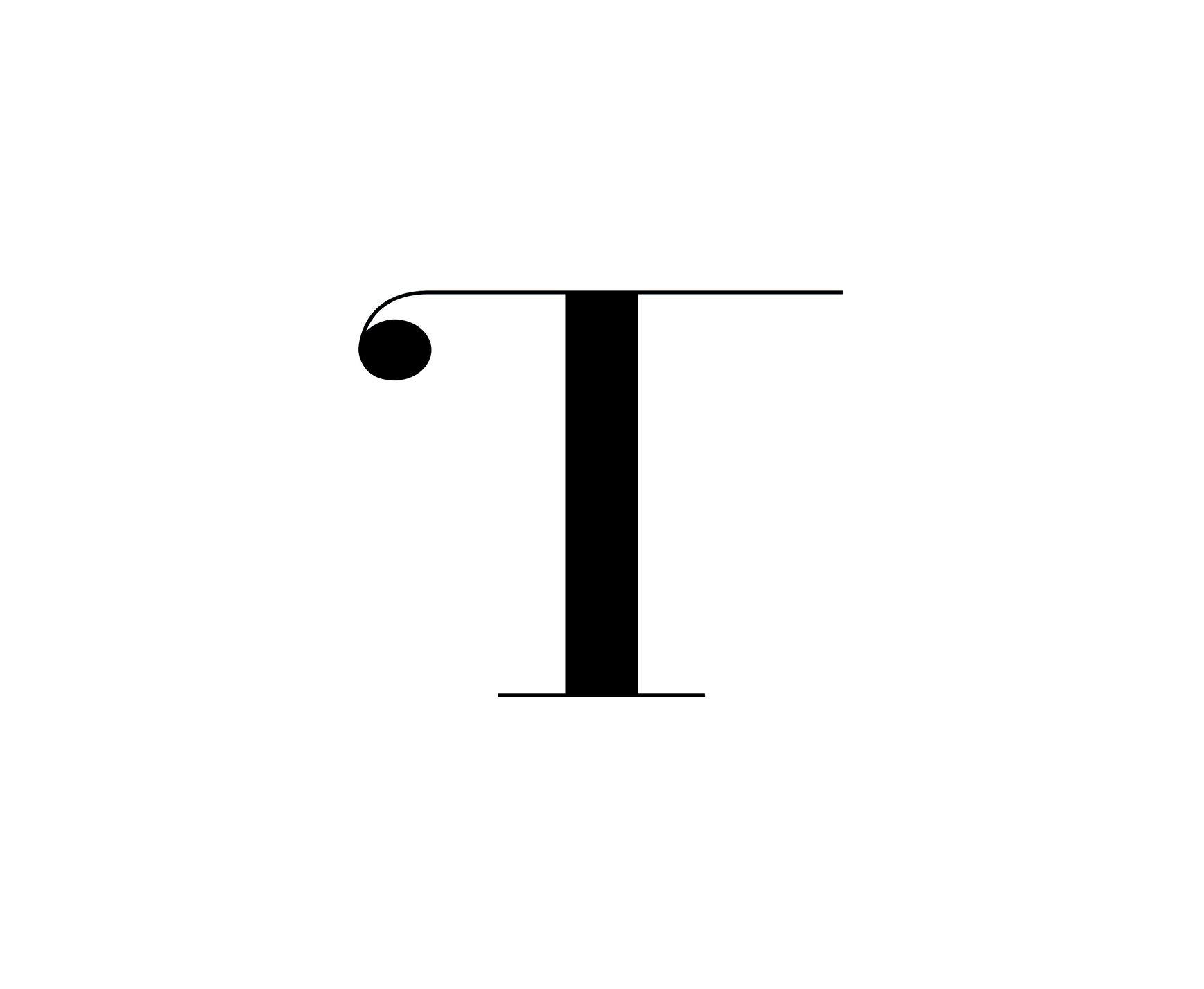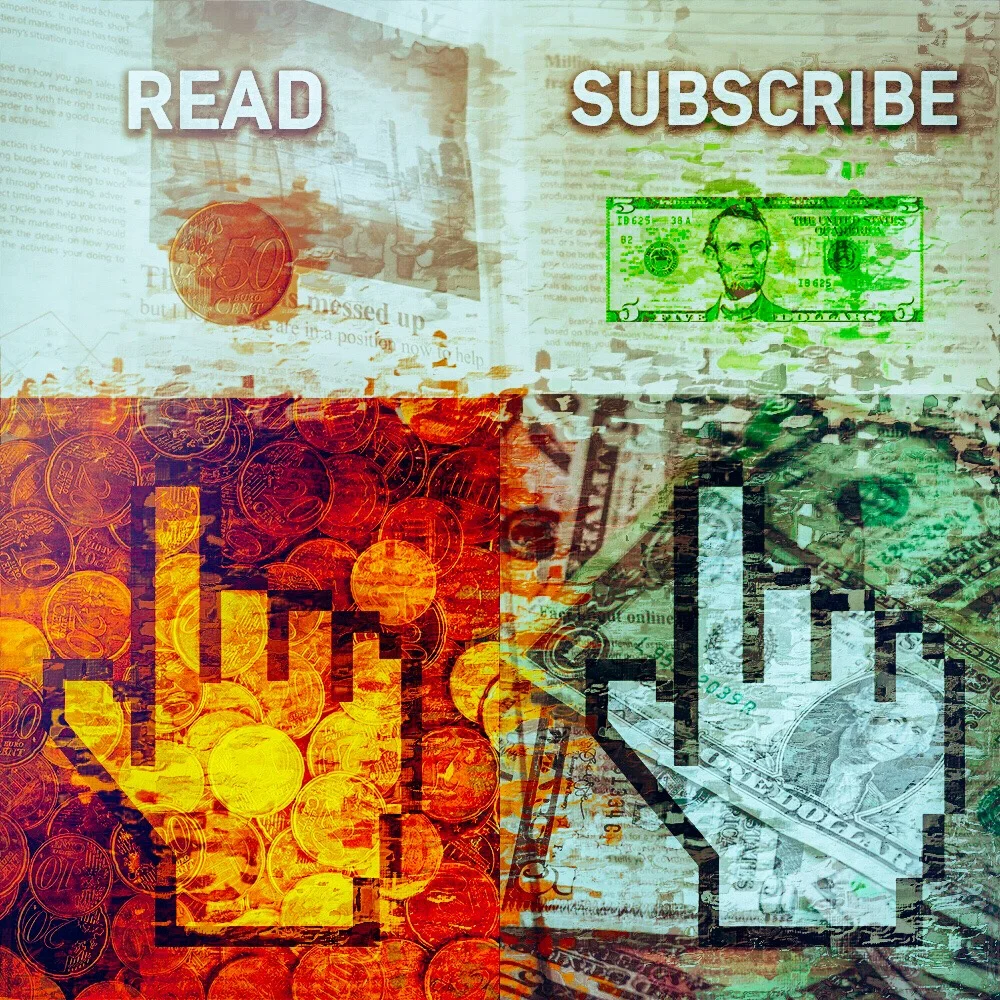The Necessary End Of Ad-Based News
In terms of profitability, the news publishing industry has historically relied on advertising. Unfortunately, the transition from newspapers to online news also means that this business model is largely responsible for the present crisis facing publishers.
While bringing in online readers became more important than anything else, advertising revenue also became increasingly sequestered by Google and Facebook. In a saturated Internet, ads cannot provide the value that they used to for news outlets, leading to a general trend of quantity over quality, while blurring the line between cheap content and serious journalism. As a result, many renowned publications have decided to embark on new strategies that rely on reader payments rather than advertising revenue.
This movement seems to be paying off: The Guardian has reached more than 400,000 paying readers by combining subscriptions with voluntary donations; The New York Times is successfully growing its digital subscriber base, and other prestigious journals are increasingly resorting to paywalls in their sites and mobile applications.
This renewed focus on reader payments matters tremendously, because it is clear that the value proposition in the online world has changed. More importantly, it follows the precedent of the music industry, which has also recovered through paid subscription models after years of decline.
In the late 1990s, record labels failed to adopt MP3 technology in time to get consumers accustomed to pay for downloads. By the time iTunes was able to modestly achieve this, it was too late to prevent illegal music downloads from becoming a major problem.
With the emergence of Spotify and other streaming services, the music industry chose not to make the same mistake twice: even though revenue is much smaller than the industry’s pre-MP3 glory days, record labels show signs of growth again. Nowadays, we consider entertainment on Netflix or Spotify to be worth a monthly payment (which also allows us to avoid advertising).
Paying the Messenger
Major publishers are thus realizing that their survival depends on business models that encourage the same for access to comprehensive, well-researched journalism. But there are reasons why smaller and independent outlets should welcome this trend.
Money is quickly becoming better integrated with our digital experience, allowing for micropayments and user-friendly support for news publishers, musicians, artists, charities, and countless other initiatives as well. Brave is a web browser that has pioneered a new type of “digital wallet” for this purpose: funds are added by users and then distributed to preferred sites via the browser’s algorithms, including publishers, bloggers, and other content creators.
Accordingly, journalists and publishers will most likely find themselves in a position where the quality of their work can be rewarded more easily and automatically than ever before. Even if one click or page view results in a direct payment of several cents (independently of ads), this would signify a more advanced, decentralized way to compensate writers, video producers, and other content creators.
For millions of readers that have been accustomed to colossal amounts of free content for nearly two decades, this will not be an easy task. But at this point in history, there is plenty of wrong with the current iteration of “free”: clickbait, fake news, and your personal data being sold to advertisers.
Abandoning the culture of ad-funded news is a shift that might help dedicated journalists find paying audiences in larger numbers. This transition could also guide more readers toward reliable, vetted facts.
Making it simpler to pay for good journalism may not eradicate sensationalism, alarmism, and manipulative stories from the media landscape. But in the long run, separating credible news from the spread of misinformation will also become increasingly valuable. There should be no surprise in adapting to innovative ways of paying for it.





